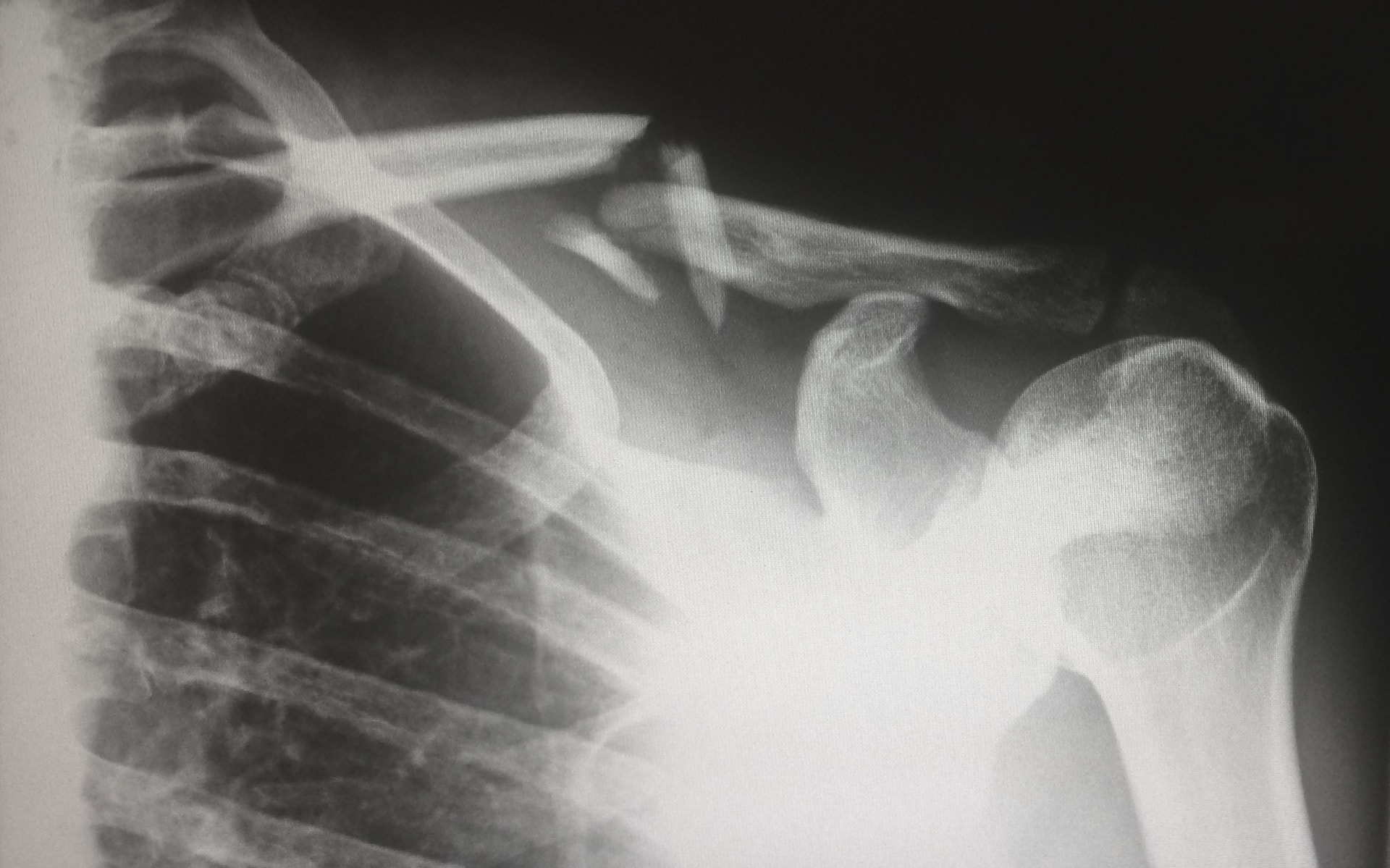Accidents are distressing and disruptive events. They can cause great feelings of frustration and take an emotional toll on the victims, especially if the accident was preventable in the first place.
If you suffer a personal injury at work, you’ll need to take the necessary steps to start a personal injury lawsuit to protect your rights, ensure proper medical care, and secure potential compensation for any losses incurred. Remember, your employer should create a safe working environment, and if your injury was a result of their negligence, you may have a case on your hands.
If you are not sure where to get started in your personal injury lawsuit, we’ve got you covered. In this blog, we’ll cover what a personal injury in the workplace may look like, and how to navigate the personal injury lawsuit process with confidence.
Examples of personal injury cases at work
You may have suffered an accident at work but feel unsure as to whether it counts as negligence on behalf of your employer. To help clear things up, we’ll look at some examples of personal injury cases at work.
The following scenarios all have the potential to develop into a personal injury lawsuit.
- Machinery Accident: injury due to malfunctioning or poorly maintained machinery at work.
- Falling Object: injury caused by a falling object in the workplace, such as tools, equipment, or inventory.
- Slip and Fall: injury due to a wet or slippery surface in the workplace without warning signs.
- Toxic Exposure: injuries or illnesses caused by hazardous substances or chemicals in the workplace.
- Workplace violence: injury due to an assault or physical attack on behalf of a co-worker or supervisor.
- Lifting or Strain Injuries: muscle injuries due to improper lifting techniques or lack of proper equipment to work.
- Burns and Explosions: injuries involving fires, explosions, or chemical spills in the workplace.
Bear in mind that these are just a few examples of viable personal injury cases.

What are the steps in a personal injury lawsuit?
To win a case in a court of law, victims would need to prove that the accident was preventable and caused by the negligence or wrongdoing of another party in the workplace.
Think you can prove that you have a personal injury lawsuit? Here are the steps you need to follow before you start your personal injury lawsuit process.
1. Prioritize Your Wellbeing
First things first, your health and safety must be addressed as soon as possible.
If you suffer an injury at work, you’ll need to seek immediate medical attention and report the incident as quickly as possible. Reporting the incident to your employer or a supervisor will help avoid any future accidents from occurring.
2. Document the Accident
If you decide to take the case to court, you’ll need to ensure you have plenty of information.
Write down a detailed account of what occurred while it is still fresh in your mind. This includes basic information such as the date, time, location, and the accounts of witnesses. It is also a good idea to take some photographs or videos.
3. Speak to Your Employer
You’ll need to speak to your employer formally and let them know what has happened.
If possible, it is best to send an e-mail or another form of written notification so you can have a record of your contact. The organization you work for may also have a specific set of guidelines to follow, so keep this in mind.
4. Speak to a Legal Professional
Once you have decided to seek compensation, you’ll need to speak to a legal professional. We recommend you look for a law firm that is specialized in this field.
You can easily find a match by searching for Phoenix Personal Injury Lawyer in your web browser. Another way to find a great personal injury lawyer is by asking family or friends if they have any recommendations.
5. Explore Potential Third-Party Liability
Potential third-party liability occurs when a person or entity, other than the direct employer or employee, may be held legally responsible for causing or contributing to a workplace injury.
For example, if an employee suffers an accident due to an elevator malfunction at work, but the elevator was recently reviewed by a repair company, the maintenance team may also be at fault.

6. File a Worker’s Compensation Claim
If your workplace injury is covered under worker’s compensation, you should file a claim with your employer’s insurance company.
This will help cover potential costs such as medical expenses, lost wages, and even rehabilitation costs. If you are unsure, simply ask the HR team at your work whether it’s included.
7. Follow the Doctor’s Orders
As we’ve previously noted, the most important aspect of this entire ordeal is ensuring you get back to optimal health.
To do so, you’ll need to follow the doctor’s orders closely. Not only will this enhance the recovery process, but it will also demonstrate your commitment to your health during any legal proceedings.
8. Be Mindful of the Personal Injury Lawsuit Timeline
Don’t forget that you’ll need to submit your claim within a predetermined time frame. This is also known as the statute of limitations for filing a personal injury claim.
Each state has a specific time frame within which you must file a personal injury claim, so it is crucial to act promptly and consult with your attorney to avoid missing any deadlines.
9. Evaluate Your Options
Remember that going to court with a personal injury case is not your only option.
Most personal injury cases don’t make it to trial. This is because mediation or settlement negotiations can be a viable alternative to a court trial. Rather than spending thousands of dollars suing your employer, you can settle upon a reasonable amount.
It is always best to speak to an attorney as they will help explore those options and determine what is most beneficial.

Conclusion
All in all, your number one priority should be your health. The most important aspect of a personal injury case is that you get back on your feet and start feeling great again.
Understandably, navigating a complex personal injury case against your employer can present challenges. However, by following the steps outlined in this blog, you should find the personal injury lawsuit process much simpler.
To ensure everything goes smoothly, find the best legal professional in your area to help.

I am Adeyemi Adetilewa, an SEO Specialist helping online businesses grow through content creation and proven SEO strategies. Proficient in WordPress CMS, Technical Site Audits, Search Engine Optimization, Keyword Research, and Technical Writing (Portfolio).
I help brands share unique and impactful stories through the use of public relations, advertising, and online marketing. My work has been featured in the Huffington Post, Thrive Global, Addicted2Success, Hackernoon, The Good Men Project, and other publications.

